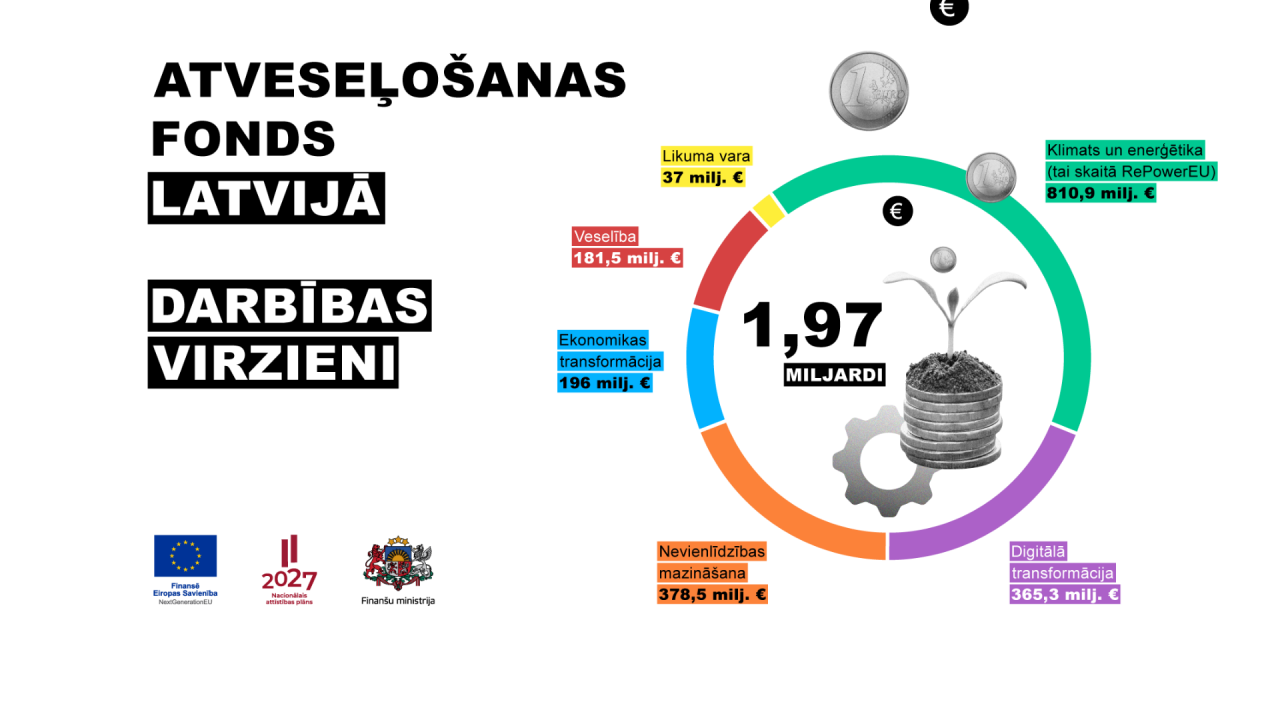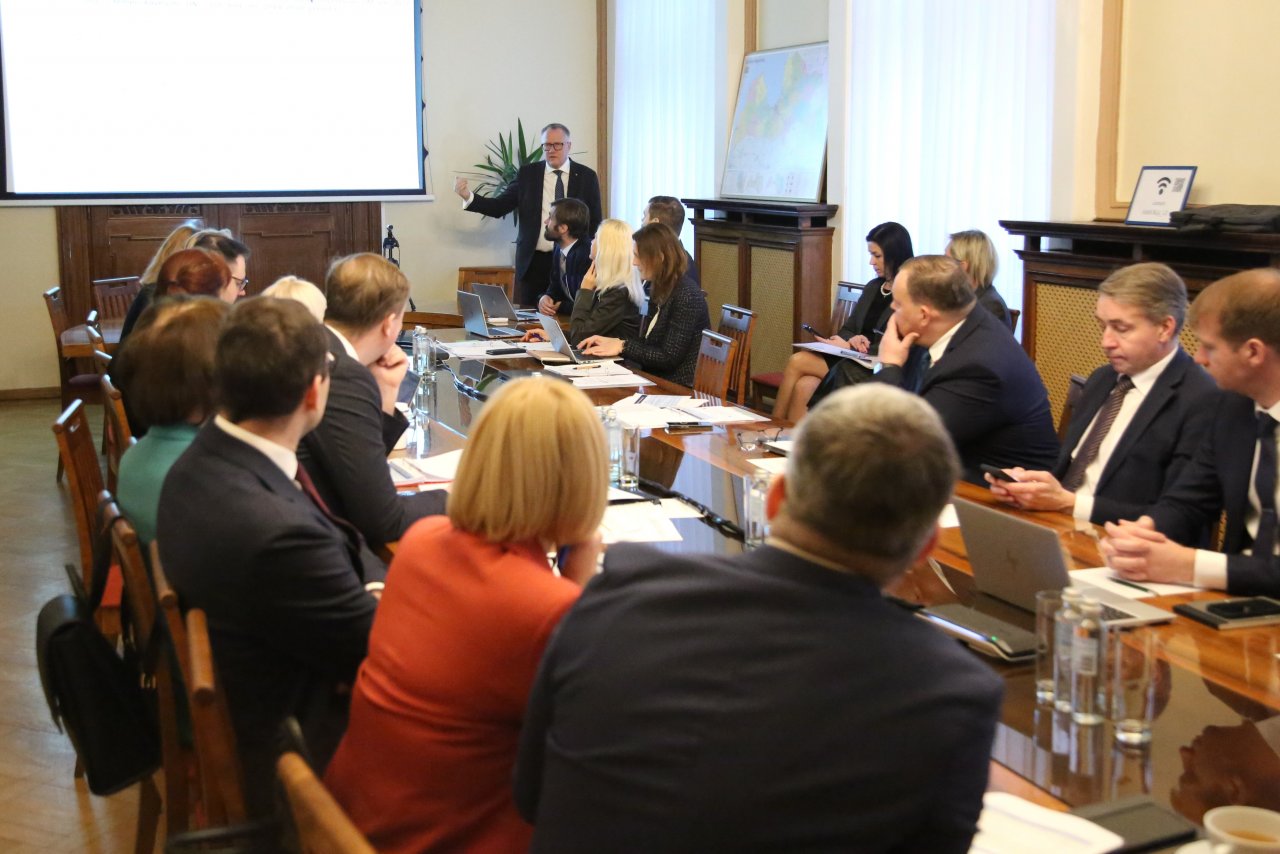On Thursday, 13th September, Estonia, Latvia and Lithuania expressed and signed the letter of their common reflections about the Commission’s proposals on Cohesion policy post-2020. Considering that Baltic states still have significant differences in development comparing to the EU average, Latvia, Estonia and Lithuania disagrees to the proposed Cohesion policy budget reductions and points out other improvable issues of the published proposals.
“Cohesion policy is a key EU-level policy through which member states have implemented and continue to implement development projects. It has proved itself as a high quality tool for changes that bring Europe closer to its people. I would definitely like to emphasize that the Baltic states since joining the EU have reduced their GDP per capita disparity to the EU average by more than 20%. I believe that, as a result of open and productive discussions, we can continue to improve the performance of Cohesion Policy and achieve even more effective investments in the future,” highlights the Minister of Finance of the Republic of Latvia Dana Reizniece-Ozola.
Also, the Vice-Minister of the Ministry of Finance of the Republic of Lithuania Loreta Maskaliovienė stresses that “the magnitude of cuts proposed in Cohesion policy is too extensive and the reduction in the allocations for the Baltics is too severe. It is difficult to understand and explain to our citizens, why our countries, all still well below the EU average in terms of economic development, would be hit by some of the hardest cuts. It will still take us enormous effort to catch up with the EU average and therefore we were expecting a smoother transition.”
“Baltic states will continue to stand behind focused use of funding, which has been one of the key factors in our path of convergence. We also stand for a flexible and agile policy capable of addressing main bottlenecks and as well as reforms in our Member States. Rigid earmarking and substantial ring-fencing at EU level do not contribute to that cause. Increased flexibility is also of key importance in ensuring agility to react to rapidly changing circumstances,” expresses the Secretary-general of the Ministry of Finance of the Republic of Estonia Veiko Tali.
The letter signed by all the Ministries of Finance of the Baltic States expresses our common position on other issues that have a direct impact on the implementation of EU funds, such as co-financing rates, as well as regulatory flexibility regarding the implementation of reforms and the volume of investments in specific areas. Full text of the letter is available here.
Also, Baltic states highly value many elements in the proposal aimed at improving the efficiency of the policy and strongly support the use of Cohesion policy funding for structural reforms as well as the link with the European Semester. Estonia, Latvia and Lithuania firmly believe that Cohesion policy continues to have a key role to play in the European project. Baltic states remain committed to ensure that every euro spent has European added value, which also takes into account the various conditions in the regions and member states.
The Commission published its proposals on the next Multiannual Financial Framework on May 2nd, followed by the legislative proposals for Cohesion policy in the end of May. Baltic states already have presented their common position paper on Cohesion policy post 2020 on 26th of February 2018 expressing opinion on more general issues.
Posted by
Lauma Silakaktiņa
Senior expert of Communication department
Phone (+371) 67095656
E-mail: lauma.silakaktina@fm.gov.lv
Ministry of Finance of the Republic of Latvia
Smilšu iela 1, Rīga, LV-1919, Latvia

